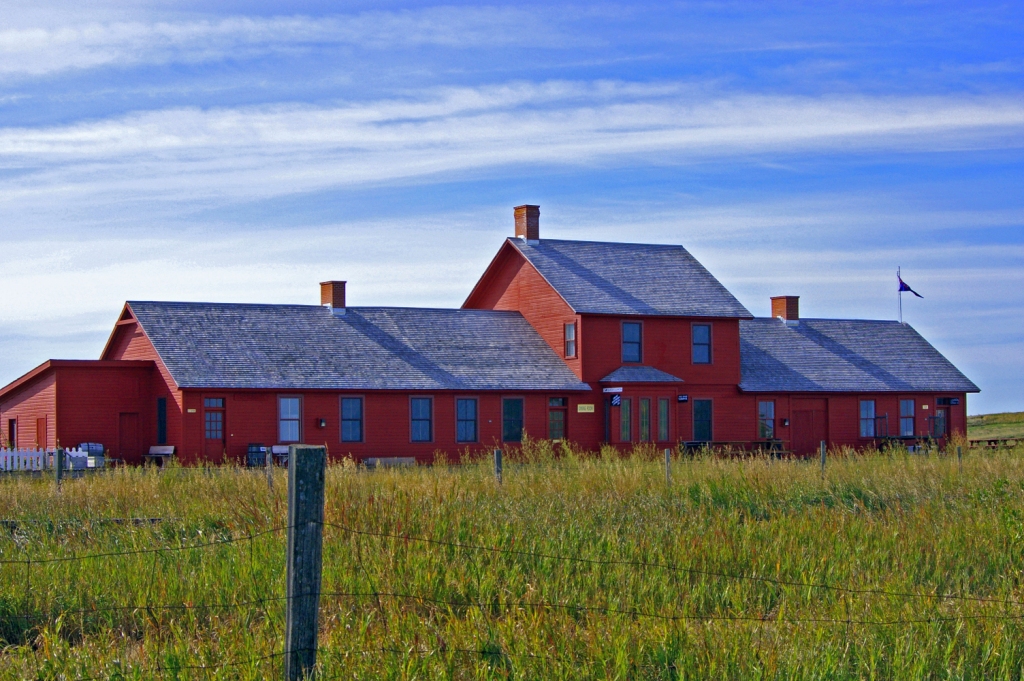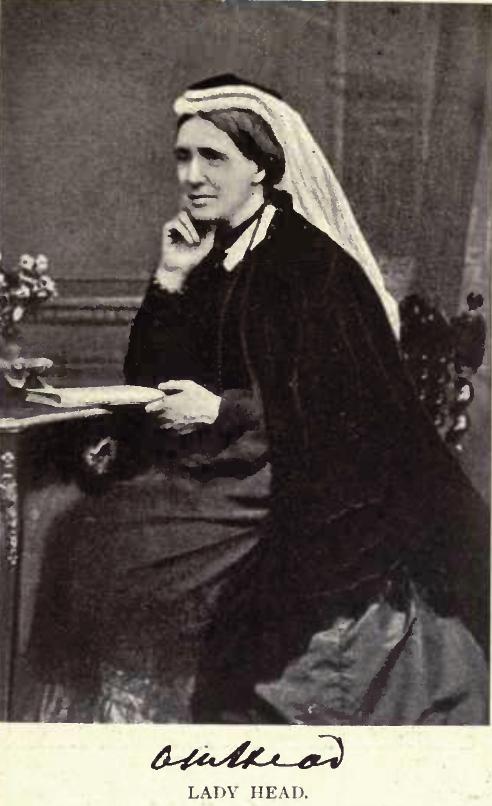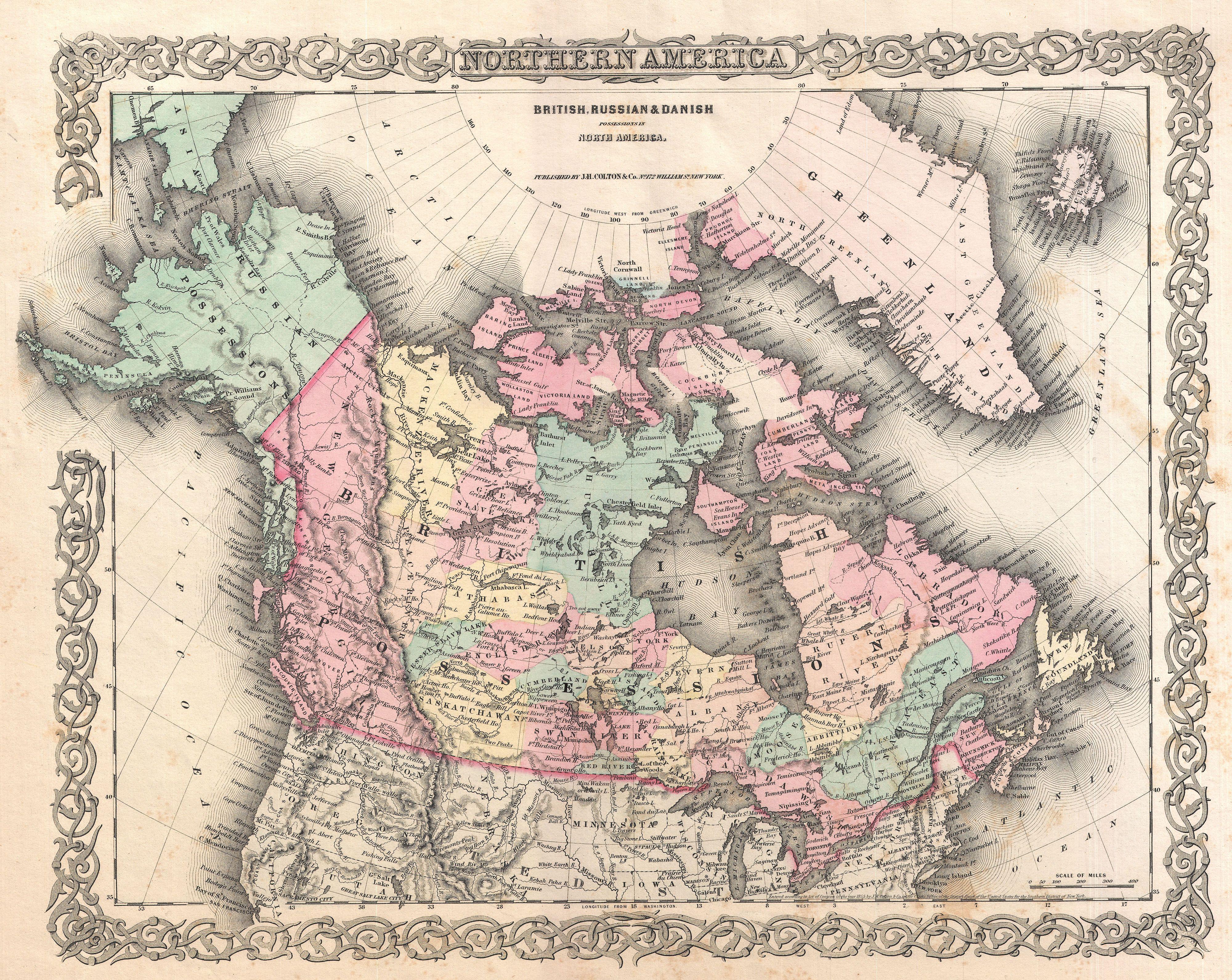|
Alexander Tilloch Galt
Sir Alexander Tilloch Galt, (September 6, 1817 – September 19, 1893) was a politician and a father of the Canadian Confederation. Early life Galt was born in Chelsea, England on September 6, 1817. He was the son of John Galt, a Scottish novelist and colonizer, and Elizabeth ( née Tilloch) Galt. His mother was the only daughter of Alexander Tilloch, the journalist and inventor who founded ''Philosophical Magazine''. He was a first cousin of Sir Hugh Allan of Montreal, the owner of the Allan Shipping Line which was the largest privately owned shipping empire in the world in 1882. He was educated at Reading School. Career He was a member of the Great Coalition government in the Province of Canada that secured Confederation between 1864 and 1867. He became a leading figure in the creation of the Coalition when he was asked to become premier of the Province of Canada by then Governor-General Sir Edmund Walker Head. Doubting his ability to demand the loyalty of the majority ... [...More Info...] [...Related Items...] OR: [Wikipedia] [Google] [Baidu] |
The Honourable
''The Honourable'' (British English) or ''The Honorable'' (American English; see spelling differences) (abbreviation: ''Hon.'', ''Hon'ble'', or variations) is an honorific style that is used as a prefix before the names or titles of certain people, usually with official governmental or diplomatic positions. Use by governments International diplomacy In international diplomatic relations, representatives of foreign states are often styled as ''The Honourable''. Deputy chiefs of mission, , consuls-general and consuls are always given the style. All heads of consular posts, whether they are honorary or career postholders, are accorded the style according to the State Department of the United States. However, the style ''Excellency'' instead of ''The Honourable'' is used for ambassadors and high commissioners. Africa The Congo In the Democratic Republic of the Congo, the prefix 'Honourable' or 'Hon.' is used for members of both chambers of the Parliament of the Democratic Repu ... [...More Info...] [...Related Items...] OR: [Wikipedia] [Google] [Baidu] |
The Canadian Encyclopedia
''The Canadian Encyclopedia'' (TCE; french: L'Encyclopédie canadienne) is the national encyclopedia of Canada, published online by the Toronto-based historical organization Historica Canada, with the support of Canadian Heritage. Available for free online in both English and French, ''The Canadian Encyclopedia'' includes more than 19,500 articles in both languages on numerous subjects including history, popular culture, events, people, places, politics, arts, First Nations, sports and science. The website also provides access to the ''Encyclopedia of Music in Canada'', the ''Canadian Encyclopedia Junior Edition'', ''Maclean's'' magazine articles, and ''Timelines of Canadian History''. , over 700,000 volumes of the print version of ''TCE'' have been sold and over 6 million people visit ''TCE'''s website yearly. History Background While attempts had been made to compile encyclopedic material on aspects of Canada, ''Canada: An Encyclopaedia of the Country'' (1898–1900), ... [...More Info...] [...Related Items...] OR: [Wikipedia] [Google] [Baidu] |
Edmund Walker Head
Sir Edmund Walker Head, 8th Baronet, KCB (16 February 1805 – 28 January 1868) was a 19th-century British politician and diplomat. Early life and scholarship Head was born at Wiarton Place, near Maidstone, Kent, the son of the Reverend Sir John Head, 7th Bt. and Jane (née Walker) Head. He succeeded to his father's title in 1838. He was educated at Winchester College and Oriel College, Oxford, and in 1830 he was made a Fellow of Merton College. He was an Oxford scholar and tutor who published several books, including a book on the verbs ''shall'' and ''will''. In 1866, Head published '' The Story of Viga Glum'', which he had translated from the original Icelandic. He was elected a Fellow of the Royal Society in 1863. Government service In 1847, Head was appointed Lieutenant Governor of New Brunswick (1847–1854). While Lieutenant Governor, Head authorized the creation of an engineering faculty at the University of New Brunswick (UNB). This was the first such programme in ... [...More Info...] [...Related Items...] OR: [Wikipedia] [Google] [Baidu] |
Premier Of The Province Of Canada
Joint premiers of the Province of Canada were the prime ministers of the Province of Canada, from the 1841 unification of Upper Canada and Lower Canada until Canadian Confederation, Confederation in 1867. Following the abortive Rebellions of 1837, John Lambton, 1st Earl of Durham, Lord Durham was appointed governor in chief of British North America. In his 1839 ''Report on the Affairs of British North America (1839), Report on the Affairs of British North America'', he recommended that Upper and Lower Canada be Act of Union 1840, united under a single Parliament, with responsible government. As a result, in 1841, the 1st Parliament of the Province of Canada, first Parliament of the Province of Canada was convened. Although ''Canada East'' (the former Lower Canada, now Quebec) and ''Canada West'' (the former Upper Canada The Province of Upper Canada (french: link=no, province du Haut-Canada) was a part of British Canada established in 1791 by the Kingdom of Great Britain, ... [...More Info...] [...Related Items...] OR: [Wikipedia] [Google] [Baidu] |
Province Of Canada
The Province of Canada (or the United Province of Canada or the United Canadas) was a British North America, British colony in North America from 1841 to 1867. Its formation reflected recommendations made by John Lambton, 1st Earl of Durham, in the Report on the Affairs of British North America following the Rebellions of 1837–1838. The Act of Union 1840, passed on 23 July 1840 by the British Parliament and proclaimed by the Monarchy of Great Britain, Crown on 10 February 1841, merged the Colonies of Upper Canada and Lower Canada by abolishing their separate parliaments and replacing them with a Parliament of the Province of Canada, single one with two houses, a Legislative Council of the Province of Canada, Legislative Council as the upper chamber and the Legislative Assembly of the Province of Canada, Legislative Assembly as the lower chamber. In the aftermath of the Rebellions of 1837–1838, unification of the two Canadas was driven by two factors. Firstly, Upper Canad ... [...More Info...] [...Related Items...] OR: [Wikipedia] [Google] [Baidu] |
Great Coalition
The Great Coalition was a grand coalition of political parties that brought an end to political deadlock in the Province of Canada. It existed from May 1864 until Confederation in 1867. Prelude Four different ministries had failed in the previous six years, when the eight-month-old Liberal government of John Sandfield Macdonald and Antoine-Aime Dorion (the Sandfield Macdonald-Dorion Ministry) resigned in March of 1864, becoming the fifth cabinet to collapse. Governor-General Charles Viscount Monck sought out several widely respected leaders to attempt to form the next government, including Alexander Campbell of Kingston and Adam Johnston Fergusson Blair of Guelph. Each of the men approached refused, citing the extreme difficulty of the task. Finally, Parti bleu stalwart Étienne-Paschal Taché and Liberal-Conservative leader John A. Macdonald agreed to take on the task, in that same month of March 1864. A new government was sworn in; it fell after less than three months, i ... [...More Info...] [...Related Items...] OR: [Wikipedia] [Google] [Baidu] |
Galt Historic Railway Park; Stirling, AB
Galt or GALT may refer to: Biology and biochemistry * Galactose-1-phosphate uridylyltransferase, an enzyme * Gut-associated lymphoid tissue, a subset of mucosa-associated lymphoid tissue People and fictional characters * Galt (surname), a list of people and fictional characters * Christopher Galt, a pseudonym of Craig Russell (British author) * Walter Galt, a pen name of Talbot Mundy, born William Lancaster Gribbon (1879–1940) * Galt MacDermot (1928–2018), Canadian-American composer, pianist and writer of musical theatre Places United States * Galt, California, a city * Galt Island (Florida) * Galt, Illinois, an unincorporated community * Galt, Iowa, a city * Galt, Kansas, an unincorporated community * Galt, Michigan, a settlement * Galt, Missouri, a city Elsewhere * Galt, Ontario, Canada, now part of Cambridge * Galt Historic Railway Park, Alberta, Canada * Galt, Khövsgöl, Mongolia, a ''sum'' (district) Other uses * HMCS ''Galt'' (K163), a Royal Canadian Navy corvette ... [...More Info...] [...Related Items...] OR: [Wikipedia] [Google] [Baidu] |
Reading School
Reading School is a grammar school for boys with academy status in the English town of Reading, the county of Berkshire. It traces its history back to the school of Reading Abbey and is, thus, one of the oldest schools in England. There are no tuition fees for day pupils, and boarders only pay for food and lodging. Reading is one of the best state schools in the UK according to the GCSE and A-level tables and has consistently ranked in the top ten. History Reading School was founded as part of Reading Abbey. The date of the Abbey's charter, 29 March 1125, is taken as the foundation date, making it the 10th oldest school in England, although there are hints that there may have been a school running in Reading before this. In 1486, the school was refounded as a "Free Grammar School" ("free" here meaning teaching the free, or liberal, arts, not that no fees were paid) by Henry VII on the urging of the then Abbot, John Thorne. From at least this time, the School was housed in t ... [...More Info...] [...Related Items...] OR: [Wikipedia] [Google] [Baidu] |
Encyclopedia Britannica
An encyclopedia (American English) or encyclopædia (British English) is a reference work or compendium providing summaries of knowledge either general or special to a particular field or discipline. Encyclopedias are divided into articles or entries that are arranged alphabetically by article name or by thematic categories, or else are hyperlinked and searchable. Encyclopedia entries are longer and more detailed than those in most dictionaries. Generally speaking, encyclopedia articles focus on '' factual information'' concerning the subject named in the article's title; this is unlike dictionary entries, which focus on linguistic information about words, such as their etymology, meaning, pronunciation, use, and grammatical forms.Béjoint, Henri (2000)''Modern Lexicography'', pp. 30–31. Oxford University Press. Encyclopedias have existed for around 2,000 years and have evolved considerably during that time as regards language (written in a major international or a verna ... [...More Info...] [...Related Items...] OR: [Wikipedia] [Google] [Baidu] |
Allan Line Royal Mail Steamers
The Allan Shipping Line was started in 1819, by Captain Alexander Allan of Saltcoats, Ayrshire, trading and transporting between Scotland and Montreal, a route which quickly became synonymous with the Allan Line. By the 1830s the company had offices in Glasgow, Liverpool and Montreal. All five of Captain Allan's sons were actively involved with the business, but it was his second son, Sir Hugh Allan, who spearheaded the second generation. In 1854, Hugh launched the Montreal Ocean Steamship Company as part of the Allan Line, and two years later ousted Samuel Cunard to take control of the Royal Mail contract between Britain and North America. By the 1880s, the Allan Line was the world's largest privately owned shipping concern. In 1891, the company took over the State Line (founded 1872) and was often referred to as the Allan & State Line. In 1897, Andrew Allan amalgamated the various branches of the Allan shipping empire under one company, Allan Line Steamship Company Ltd., of Glas ... [...More Info...] [...Related Items...] OR: [Wikipedia] [Google] [Baidu] |
Philosophical Magazine
The ''Philosophical Magazine'' is one of the oldest scientific journals published in English. It was established by Alexander Tilloch in 1798;John Burnett"Tilloch, Alexander (1759–1825)" Oxford Dictionary of National Biography, Oxford University Press, Sept 2004; online edn, May 2006, accessed 17 Feb 2010 in 1822 Richard Taylor became joint editor and it has been published continuously by Taylor & Francis ever since. Early history The name of the journal dates from a period when "natural philosophy" embraced all aspects of science. The very first paper published in the journal carried the title "Account of Mr Cartwright's Patent Steam Engine". Other articles in the first volume include "Methods of discovering whether Wine has been adulterated with any Metals prejudicial to Health" and "Description of the Apparatus used by Lavoisier to produce Water from its component Parts, Oxygen and Hydrogen". 19th century Early in the nineteenth century, classic papers by Humphry Davy, M ... [...More Info...] [...Related Items...] OR: [Wikipedia] [Google] [Baidu] |
Née
A birth name is the name of a person given upon birth. The term may be applied to the surname, the given name, or the entire name. Where births are required to be officially registered, the entire name entered onto a birth certificate or birth register may by that fact alone become the person's legal name. The assumption in the Western world is often that the name from birth (or perhaps from baptism or '' brit milah'') will persist to adulthood in the normal course of affairs—either throughout life or until marriage. Some possible changes concern middle names, diminutive forms, changes relating to parental status (due to one's parents' divorce or adoption by different parents). Matters are very different in some cultures in which a birth name is for childhood only, rather than for life. Maiden and married names The French and English-adopted terms née and né (; , ) denote an original surname at birth. The term ''née'', having feminine grammatical gender, can be used ... [...More Info...] [...Related Items...] OR: [Wikipedia] [Google] [Baidu] |




